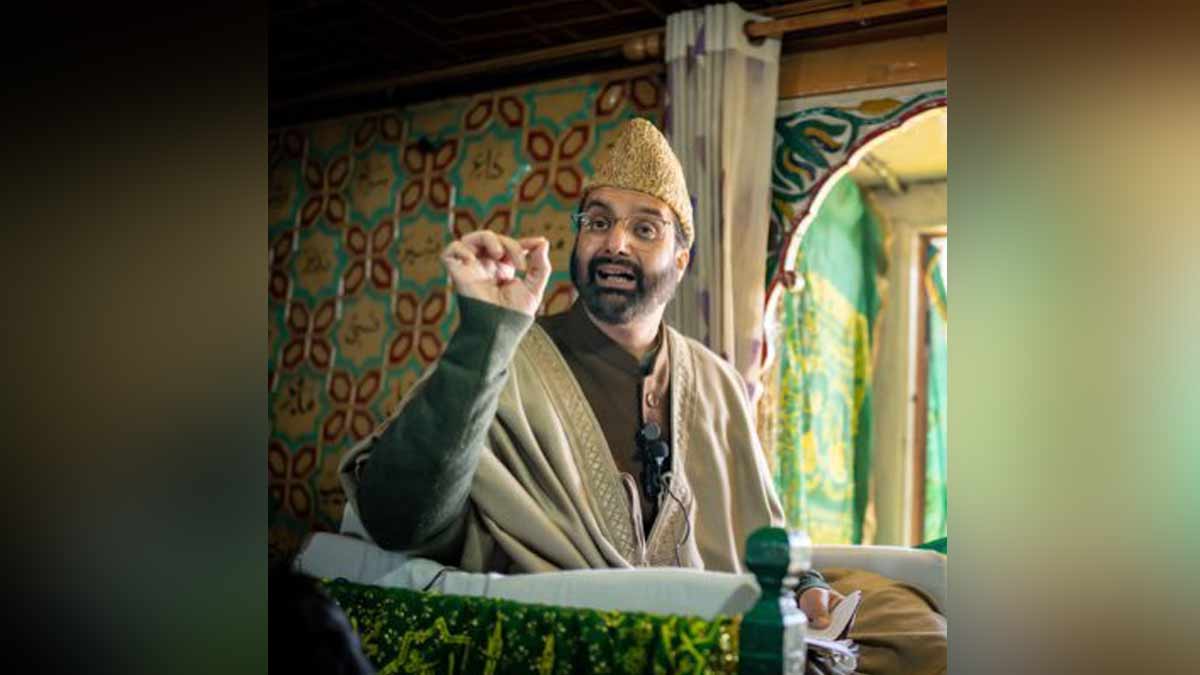How separatist Hurriyat Conference lost its steam in Jammu & Kashmir after the abrogation of Article 370
 Hurriyat leader Mirwaiz-e-Kashmir Umar Farooq | X
Hurriyat leader Mirwaiz-e-Kashmir Umar Farooq | X
Following the abrogation of Article 370, 11 political groups severed their ties with the separatist Hurriyat Conference in Jammu and Kashmir, indicating a significant shift in the region's political landscape.
Once a powerful separatist coalition, the Hurriyat Conference has lost its influence.
Both factions of the Hurriyat — one led by Mirwaiz Umar Farooq and the other founded by the late Syed Ali Shah Geelani — have struggled to remain relevant, particularly in the face of the Centre’s hardline approach towards separatism under Union Home Minister Amit Shah.
On 8 April, three more outfits — the Jammu Kashmir Islamic Political Party, the Jammu and Kashmir Muslim Democratic League, and the Kashmir Freedom Front — announced their disassociation from the Hurriyat. The announcement came during Shah’s three-day visit to Jammu and Kashmir, which began on 6 April.
“Three more organisations — the Jammu Kashmir Islamic Political Party, Jammu and Kashmir Muslim Democratic League, and Kashmir Freedom Front — disassociate themselves from the Hurriyat. It is a prominent demonstration of the people’s trust in the Constitution of India within the valley," Shah said in a post on X (formerly Twitter). “These groups have reaffirmed their support for the constitutional framework, rejecting separatism.".
The Home Minister credited this growing departure from separatist politics to Prime Minister Narendra Modi’s vision of a united and strong India.
Earlier, on 25 March, three other Hurriyat constituents — the Jammu and Kashmir People’s Movement (led by Shahid Saleem), the Jammu and Kashmir Democratic Political Movement (headed by Advocate Shafi Reshi), and the Jammu and Kashmir Freedom Movement (led by Mohammad Sharief Sartaj) — also announced their exit.
A few days before that, two more groups — the Jammu and Kashmir Tehreek-i-Isteqlal, led by Ghulam Nabi Sofi, and the Jammu and Kashmir Tehreek-i-Istiqaamat, led by Ghulam Nabi War — had severed ties with the Hurriyat.
At the time, Shah had remarked that the Modi government’s inclusive policies had "tossed separatism out of Jammu and Kashmir".
The Hurriyat Conference, which once represented a significant voice of separatist sentiment in Kashmir, has seen its influence wane in recent years.
This decline is attributed to a sustained crackdown on its leaders, investigations by the National Investigation Agency into alleged terror funding, and the constitutional changes made in 2019.
India